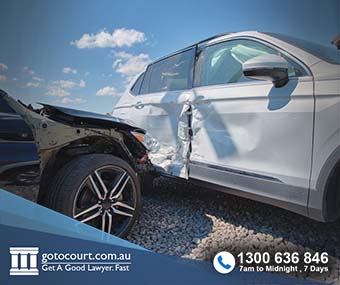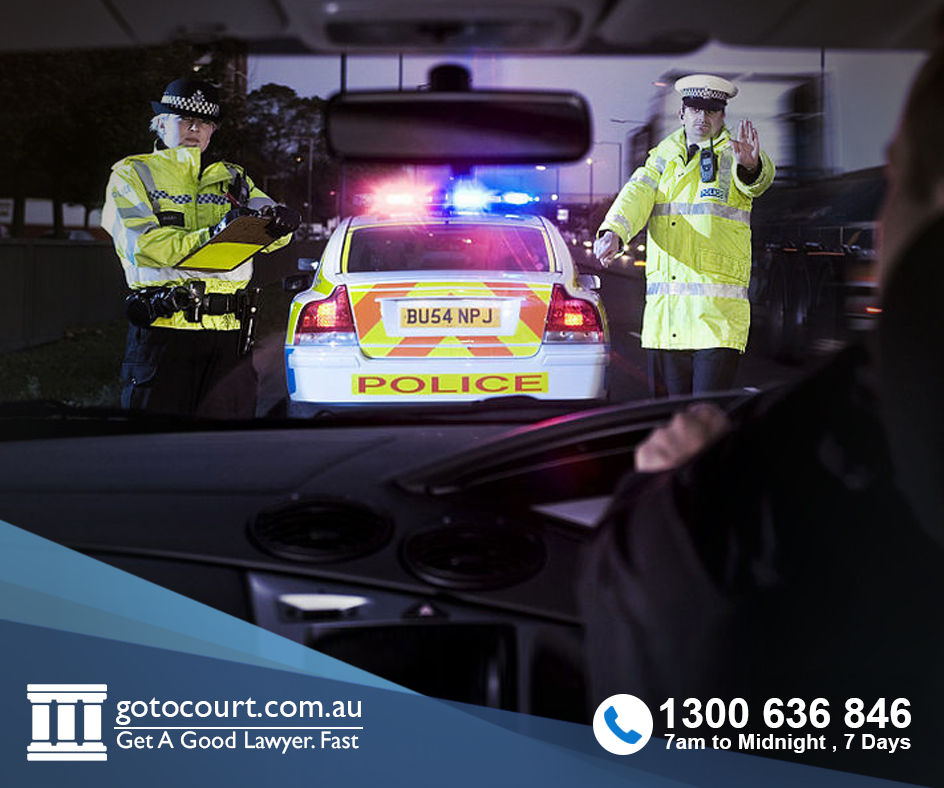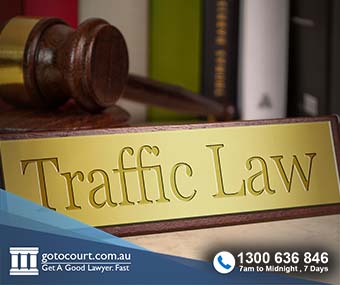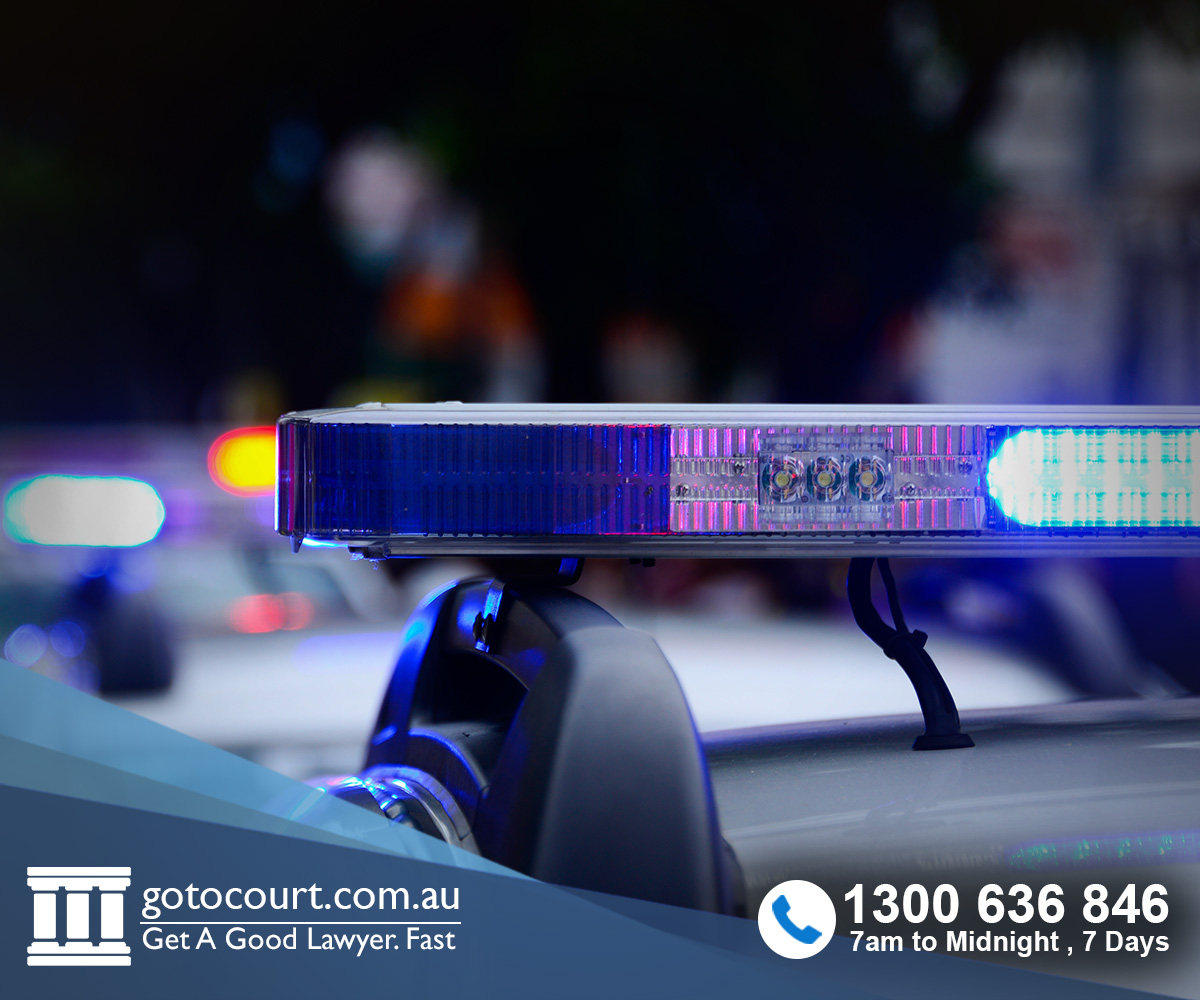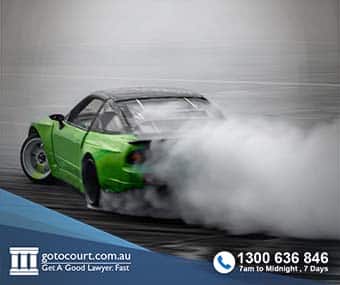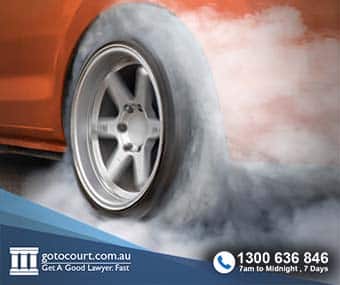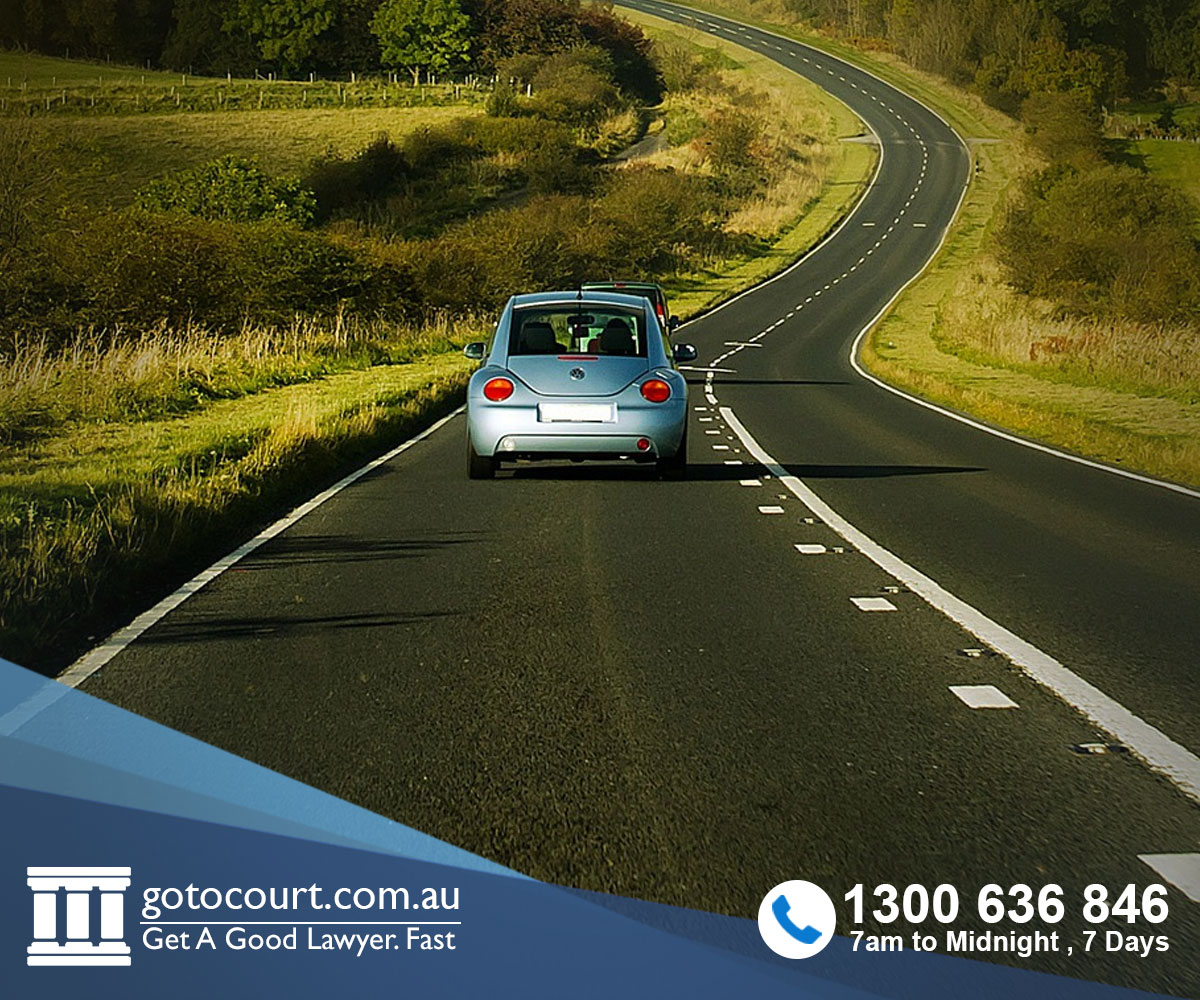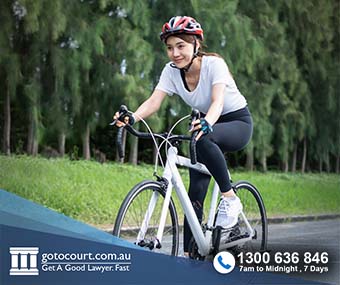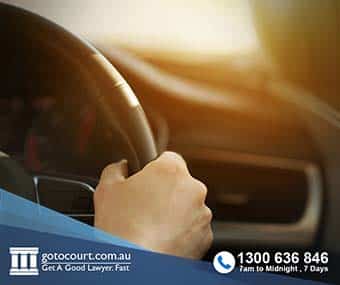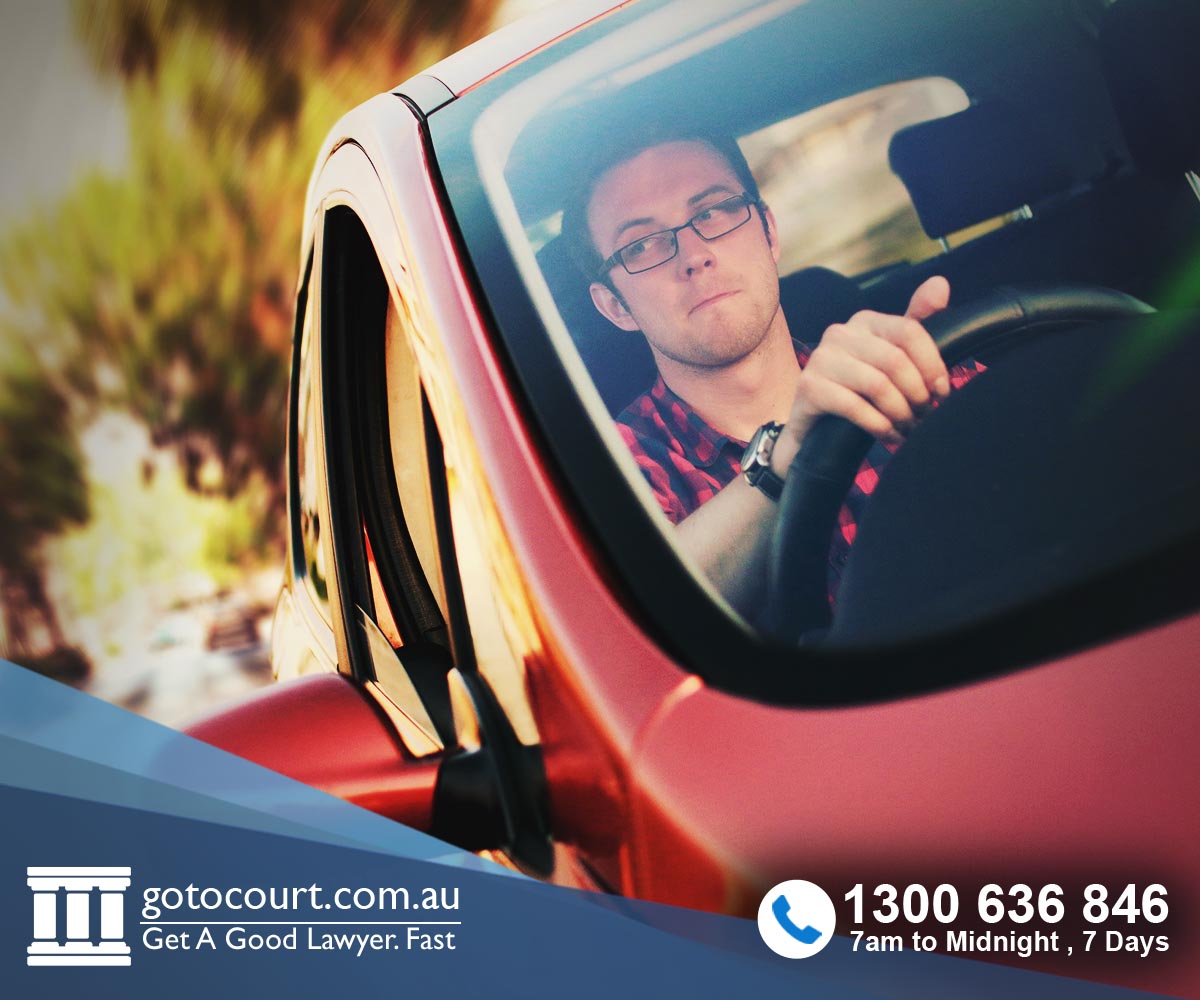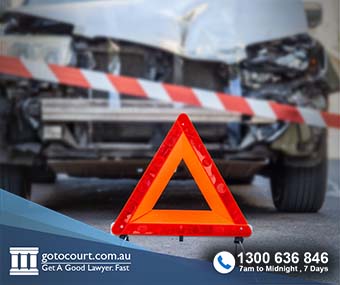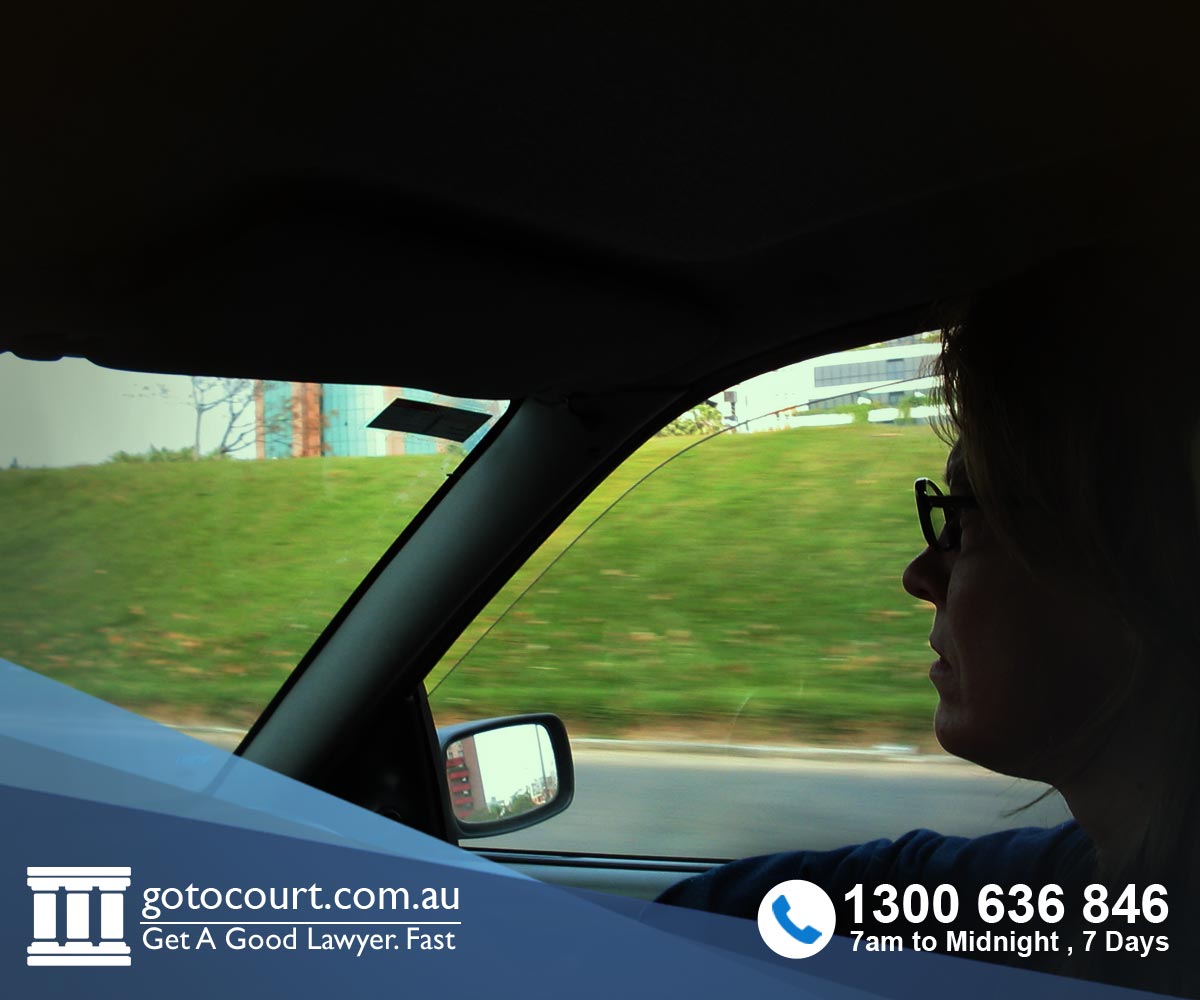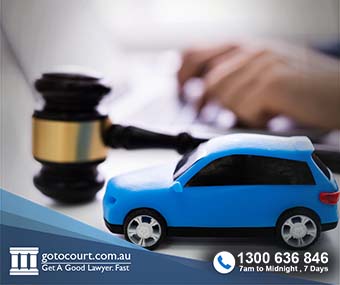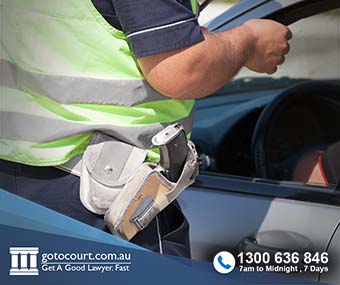Call our lawyers
now
or,
have our lawyers
call you
Changes to Road Rules (NSW)
Updated on Nov 18, 2022 • 3 min read • 331 views • Copy Link
Changes to Road Rules (NSW)
A new road rule involving stationary emergency vehicles was introduced in New South Wales on 1 September 2018. Another recent change is the introduction of lower speed limits in certain congested areas in Sydney suburbs over recent months. Cycling groups are calling on the state’s police to ramp up their efforts to enforce the little-known ‘safe passing’ rule, to ensure the safety of cyclists on New South Wales roads.
Stationary emergency vehicles
A new road rule came into operation on New South Wales roads on 1 September 2018. The new rule requires motorists to slow down to 40km/h when passing stationary emergency vehicles that have their lights flashing. Under the new rule, motorists will also be required to give way to pedestrians in the vicinity of the emergency vehicle. This rule will be trialed over a 12-month period, with the NSW government, police and emergency services monitoring its safety and traffic impacts. After this 12-month trial period, a decision will be made as to whether the new rule becomes permanent.
The new rule is designed to make working conditions of emergency workers, safer. Similar road rules are already in effect in Victoria and Western Australia. The rule will apply to traffic traveling in both directions, unless the emergency vehicle is stopped on a divided road. Drivers contravening the new rule will face a fine of $448 and three demerit points.
Despite the government’s touting of this rule as promoting safety for emergency workers, lobby groups have spoken out against it, claiming that it could prove dangerous when applied on motorways and freeways where drivers are traveling at upwards of 100kph. Requiring motorists to slow down to a speed of 40kph upon sighting an emergency vehicle in these areas, they say, will mean drivers have to slam on the brakes. Decelerating from 110kph to 40kph is likely to cause a trail of rear-end collisions. This means that the new rule will be trading the safety of emergency workers for the safety of ordinary motorists. They have called for the new rule to be overhauled.
Speed limit in congested areas
Areas with higher pedestrian congestion such as train stations, shopping areas, and hospitals have had a lower speed limit of 40km/h imposed in response to the high rate of traffic accidents in congested areas. Campbelltown, Mossman, and Seven Hills have been the first suburbs to have the 40kpm limit imposed in busy areas.
Safe passing rule
The ‘safe passing’ rule is a little-known rule that was introduced as a permanent road rule in May 2018 after a two-year trial. The rule requires drivers to allow at least one metre distance when passing a cyclist traveling in the same direction as them in an area where the speed limit is less than 60kph and a minimum of one and a half metres where the speed limit is over 60kph.
Drivers who fail to abide by the safe passing rule can be fined $330 and can incur two demerit points. However, new data has been revealed that only 65 drivers were fined for this offence in the past two years. Cyclists have called publicly for NSW police to enforce this law that was put in place to ensure their safety on the roads.
Cycling groups say that drivers lack awareness of the importance of the safe passing rule and have called for the rule to be enforced and for the widespread education of the public as to the safe passing law and safety for bike riders generally.
If you need legal advice about a traffic matter or any other legal matter please contact Go To Court Lawyers.


Affordable Lawyers
Our Go To Court Lawyers will assist you in all areas of law. We specialise in providing legal advice urgently – at the time when you need it most. If you need a lawyer right now, today, we can help you – no matter where you are in Australia.How It Works








1. You speak directly to a lawyer
When you call the Go To Court Legal Hotline, you will be connected directly to a lawyer, every time.


2. Get your legal situation assessed
We determine the best way forward in your legal matter, free of charge. If you want to go ahead and book a face-to-face appointment, we will connect you with a specialist in your local area.


3. We arrange everything as needed
If you want to go ahead and book a fact-to-face appointment, we will connect you with a specialist in your local area no matter where you are and even at very short notice.



